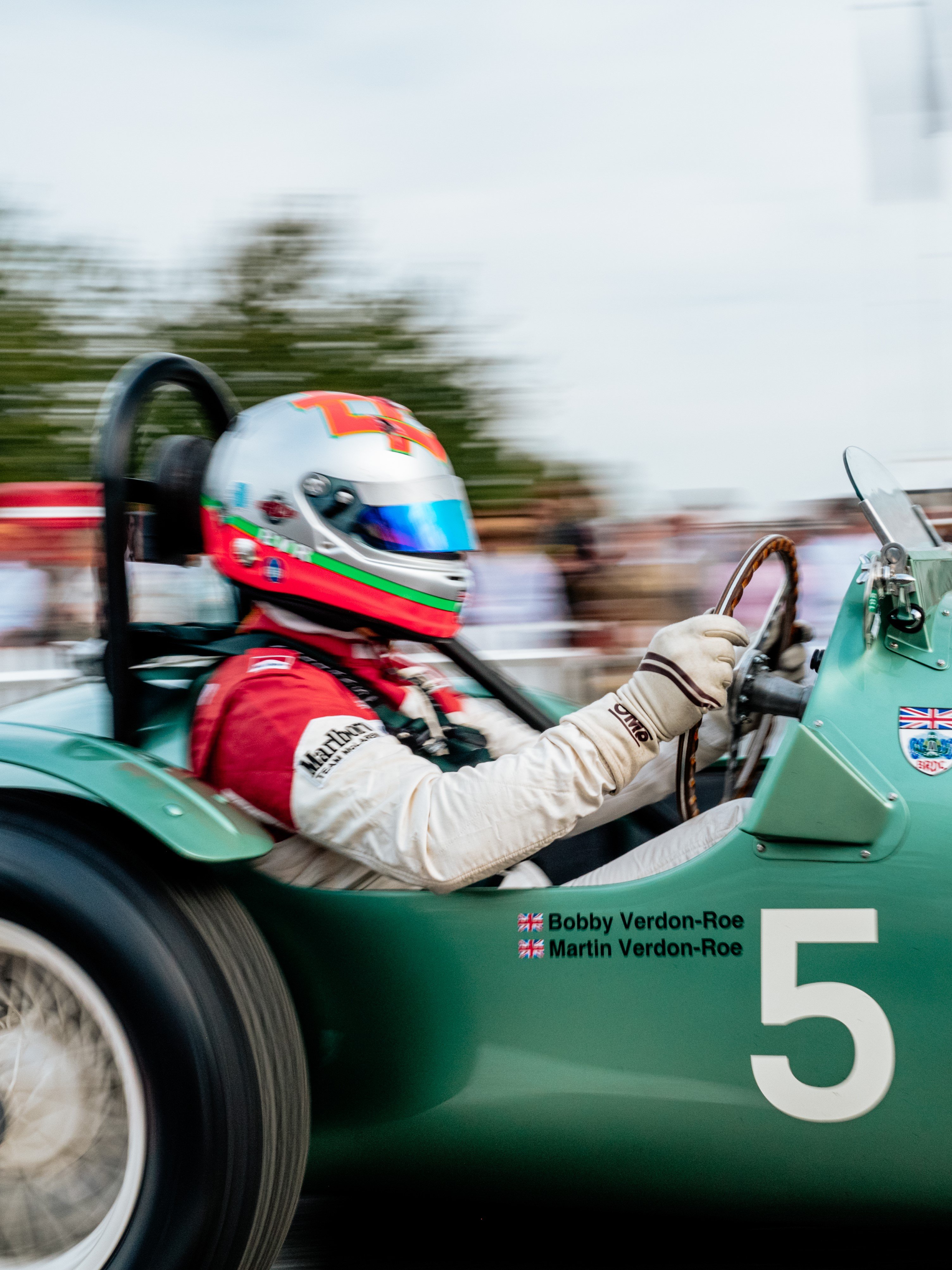The Volkswagen e-BULLI is a modern EV with a VW camper body
Volkswagen has teased us with a latterday version of its classic Microbus for years, even making the most recent concept, the ID.Buzz, not just cute but also battery electric. But who saw this coming? It’s a Microbus, it’s cute and it’s electric, but this is no pastiche… this is the real thing. This is the Volkswagen e-BULLI.

It’s a 1966 first-generation T1 Transporter in Samba (or Microbus) form with its innards given a comprehensive hi-tech makeover. All the running gear is new and instead of an air-cooled flat-four there’s a stack of lithium-ion batteries and an electric motor.
Though seen here in what is said to be concept form, the commercial vehicles arm of VW in Germany that created it is adamant it is both official and more than just a one-off. If you already have your T1 Samba 21-window bus – a highly sought-after classic icon that can be worth £150,000 or more – then for another €64,900 (about £60,000) you too can have it converted to electric power. And if you don’t already have one, VW will sell you a ready-made, fully restored e-Bulli like the one you see here. There’s no price given for this but it’s sure to be well into six figures.
Converting bona fide classics to run on battery electric power is not new, not generally approved of by aficionados, and certainly not cheap. The e-Bulli follows in the tyre tracks of Jaguar with its E-type Zero electric conversion and Aston Martin’s “reversible” DB6 conversion. So extensively re-engineered has the e-Bulli been there would appear no way back here once the leap to lithium has been taken.
Approve of it or not, you have to agree they have done a neat job. Any 21-window bus with the all-important “Alpine” windows in the roof looks terrific and despite its zero emission credentials the e-Bulli doesn’t mess much with its iconic design. Modern giveaways are the new LED lights, LED power supply indicator lights, a plug-in charger point behind what would otherwise be the engine cover, and a smart new two-tone orange paint job.
With all those windows, plus a panoramic folding roof, the Microbus’s signature light and airy interior gets a clean and luxurious new look thanks to bright two-tone leather upholstery for the eight seats and a wooden floor in the style of a posh yacht.
Modernisation for the driver extends to a transmission selector lever between the front seats, a start-stop button and a new speedo, based on the design of the original, which incorporates a digital display showing the range. More info is available in a tablet screen in the roof console which comes with Volkswagen’s ‘We Connect’ web portal offering a range of online services. In-car entertainment is provided by an in-dash radio which looks period but which offers all the Bluetooth, DAB and USB mod-cons.

All of this updating pales against what’s gone on underneath. It’s a major re-engineering job. Using drive modules from the latest VW ID electric car family, the e-Bulli promises a completely different driving experience from the original. That had a measly 44bhp from its boxer engine in the tail; the new electric motor, still at the back driving the rear wheels, boasts almost twice as much power, at 82bhp. There’s twice the torque too, at 212Nm, and all of it available via the single-speed transmission from zero revs. It’s the most powerful T1 ever. In petrol form the original could top out at 65mph; the electric version has had to be pegged back to 80mph.
With a 45 kWh battery pack under the floor, range of the silent Bulli is said to 125 miles, though it is likely to be less than that with eight people aboard. You can plug the e-Bulli in at home for an overnight top-up or use a fast charger in which case you will get 80 per cent power in 40 minutes.

To go with the engine transplant is a whole new chassis with multi-link front and rear axles with adjustable dampers and coilover struts, plus a new rack-and-pinion steering system and four internally ventilated disc brakes. VW says it all adds comfort, safety and more dynamic handling. The e-Bulli offers “serene poise” asserts the company, which is not something you could normally say of a 1966 Microbus...
Despite the official VW nature of the project and the VW-made components, the e-Bulli is in fact made by German partner company eClassics. We last heard of them at Frankfurt in 2019 when they released the first electric Beetle, again with VW approval. Other companies are starting to offer similar classic-car conversions as electric-car technology booms and penalties and restrictions loom on combustion-engined cars.
Such machines will never get the approval of purists who believe that for a classic car to remain classic it needs to keep its original petrol power. Meanwhile, the REAL new electric Microbus – cute and cuddly like the T1 but based on VW’s all-singing and dancing new MEB electric car architecture – is still due in 2022. We, like a lot of others we suspect, will wait for that…
Volkswagen
e-BULLI
EV









